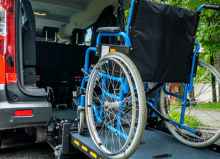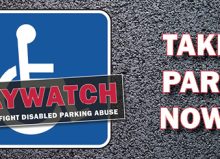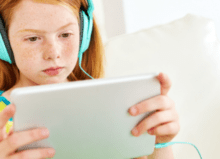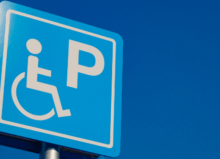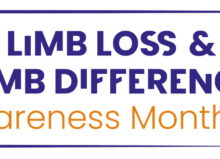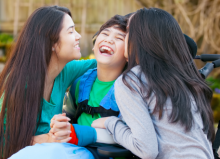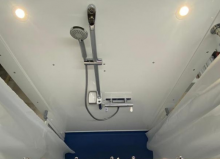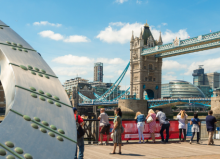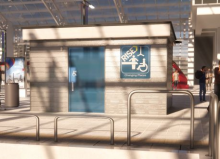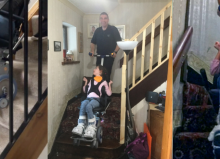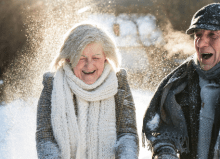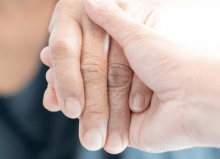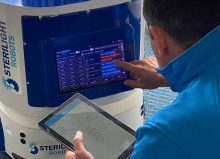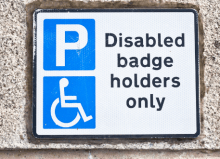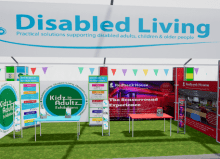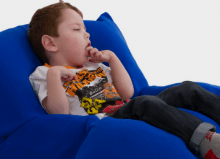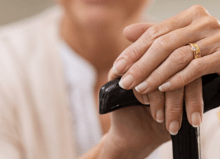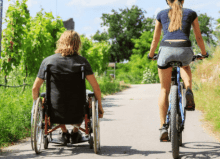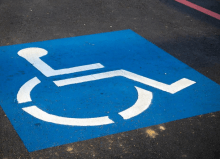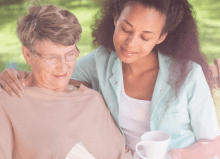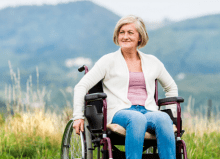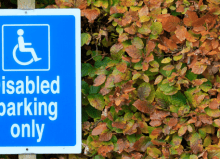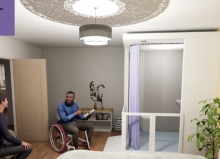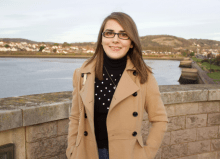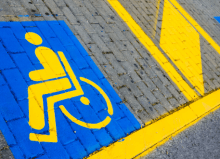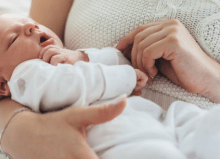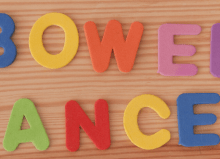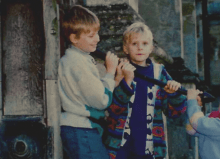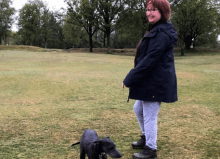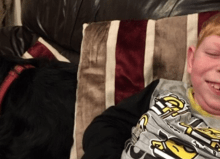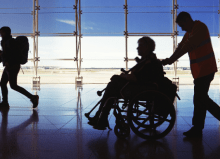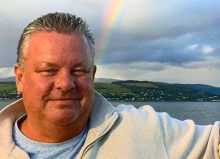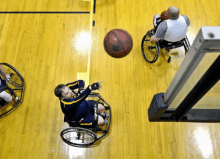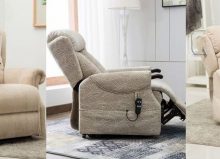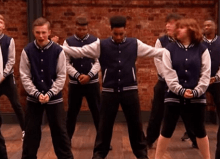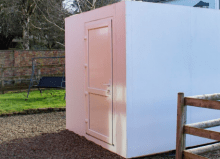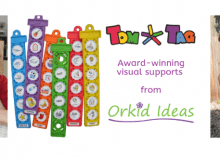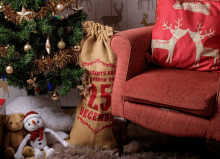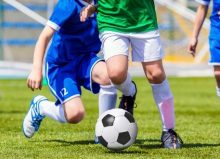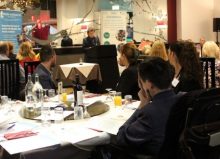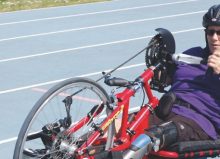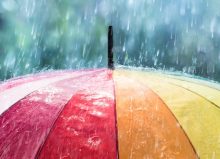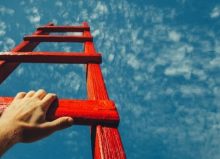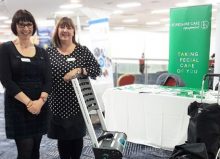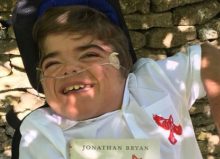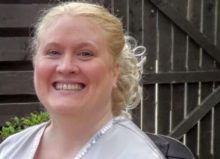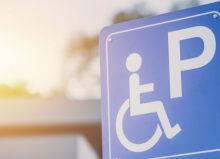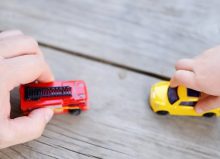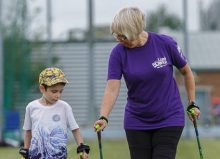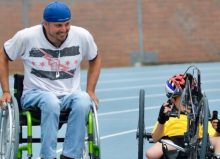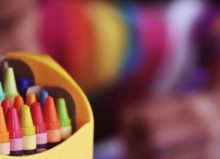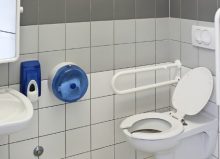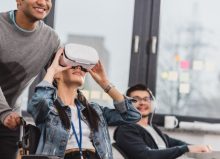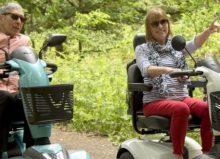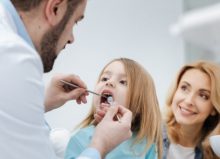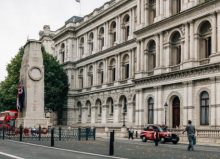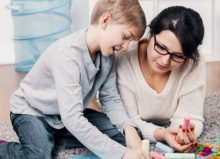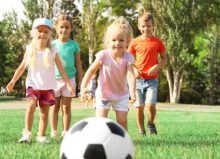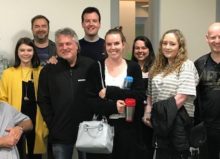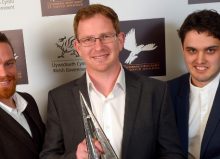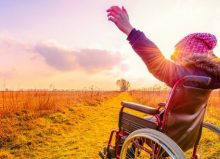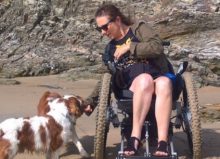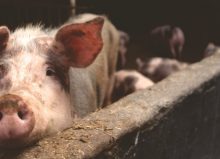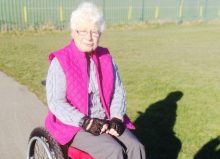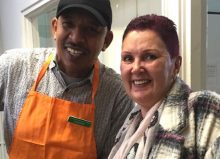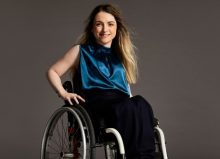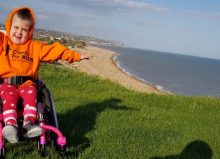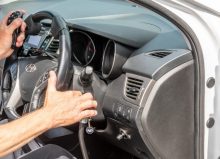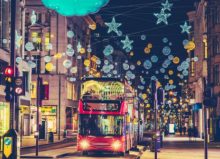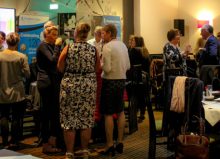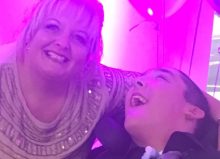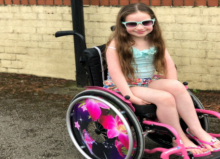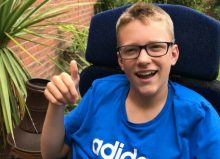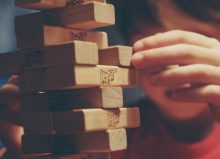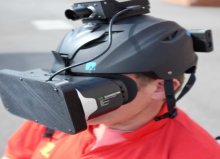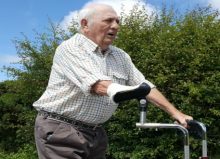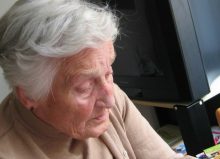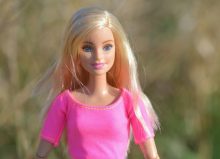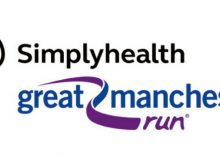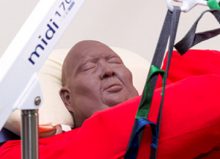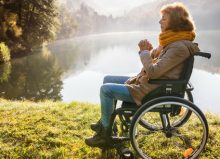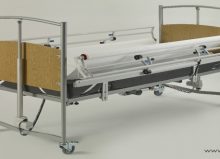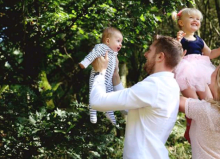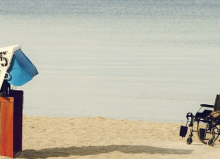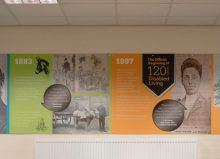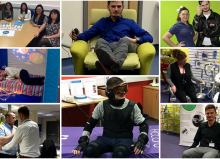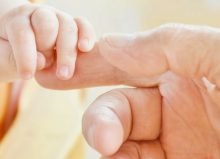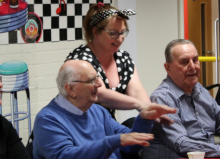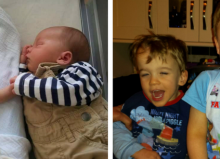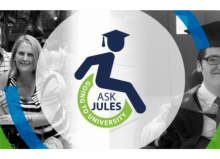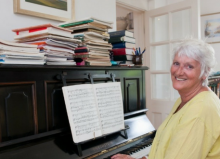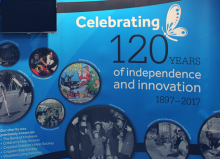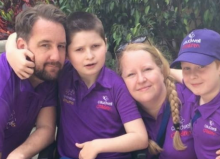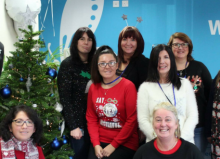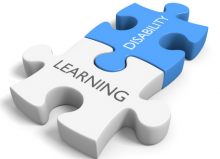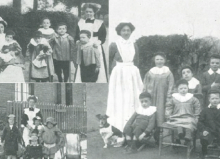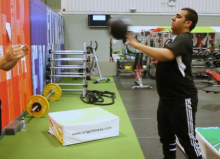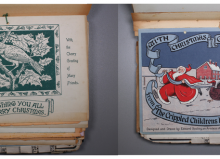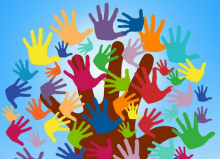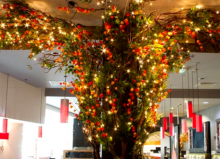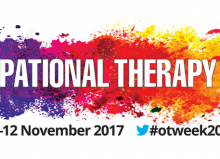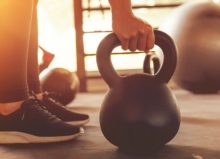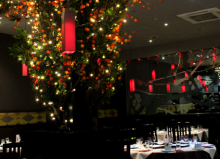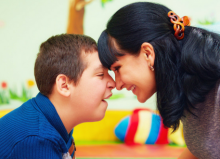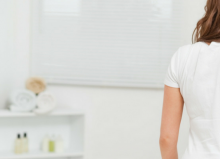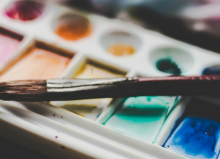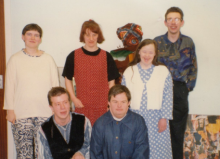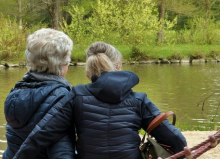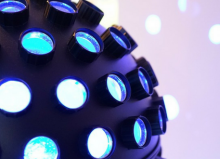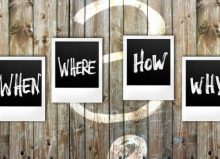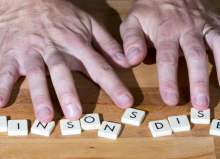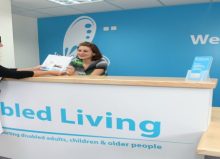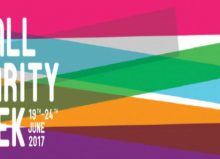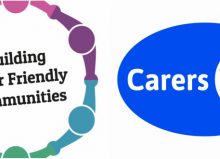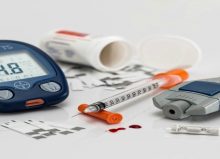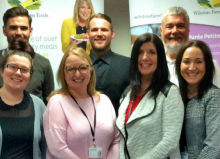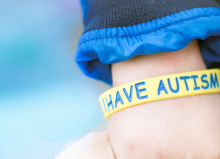Surviving or Thriving? Neuro Difference Pre and Post Lockdown
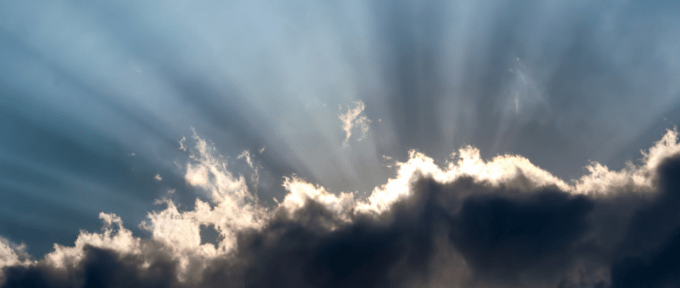
For Autism Awareness Month, Disabled Living’s contributing writer, Joanna Grace, shares her experience of lockdown, including some of her personal silver-linings in the last year.
My father’s nickname for my mother is Pollyanna. He has named her after the child in the book of the same name written by E.H. Porter who always sought out reasons to be glad. Having brought up by ‘Pollyanna’ I am prone to look for the positives in life. When I see a dark cloud, I ask, “where is the silver lining?”
The pandemic has been the biggest of dark clouds. The loss of life, the suffering and the fear, has been enormous. I’ve looked for silver linings and found a few, and my hope in writing this article is that we might be able to keep one of them, after the cloud has gone.
Before I tell you what it is, let me give you a bit of background. I run a thing called The Sensory Projects, pre lockdown my life was spent rocketing around the UK on trains (very occasionally hopping on a few planes to work internationally) providing training on sensory engagement. Whilst on the trains I delved into the research archives, and when at home I wrote.
Then Came the Pandemic
When lockdown hit, my life on the trains stopped. In common with many people, I suddenly faced a blank canvas of life, a gift of time, the opportunity to do with it what I pleased. Like many people I thought “Now is the time I will write that book I’ve always meant to write, I’ll take up that new hobby, learn to cook, etc.” Most people quickly realised that just getting dressed and getting off the sofa was an achievement.
But not me. I wrote the book (it’s being published by Routledge in June), I had a baby, I home schooled my elder child, I created a resource bank for my neighbourhood and an online resource bank of inclusive teaching materials supporting everyone with home schooling, I reinvented my working life, I did and did and did. I was SO productive! 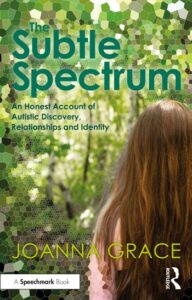
At the start of lockdown people posted me messages on Facebook and Twitter saying “You’re so busy, I don’t know how you do it” that type of thing. By the time we got to the third lockdown the tone of those messages had changed. One conversation in particular brought it home to me:
A friend of mine who is a university lecturer asked me how lockdown had been. I buoyantly replied that it had been good, (aside that is from the obvious pandemic). She said, “You’ve done so much” and I smiled and nodded. Then she went on to explain how hard she had found it, how she had found herself less able to do her work, that she felt she had let her students down, that she was struggling with her mental health. She ended it with “I watch you and I just feel so inadequate, you’ve coped so well, and I have not coped at all.”
I stopped her there. I never want me living my life to make anyone else feel inadequate. I told her quite truthfully: “I have not coped.”
The social change required by lockdown has not been something I coped with. The social set up prior to lockdown was what I coped with. Lockdown, for me, gifted me the energy I used to use keeping up with the world. My children and my husband were the biggest beneficiaries, my health and my work the next.
Lockdown Silver Linings

I am autistic. Prior to lockdown I don’t think even I realised what it cost me to survive in a neurotypical world. Whereas in lockdown I’ve thrived. To give you a benchmark: in the year before lockdown, I was admitted to emergency medical centres 8 times, and left them dosed up with powerful antibiotics. In the month before lockdown the doctors had decided that I should be given my own supply of emergency antibiotics to travel with. Since the start of lockdown, I’ve not troubled the health services for anything other than the birth of my son. I loved my pre-lockdown life, but I paid a hidden price for the stress of that life with my health.
Here is my silver lining: Coming out of lockdown, the population as a whole will have a better understanding of what it is like to be asked to conform to a social model that doesn’t suit your neurology, they will have an insight into how disabling it can be, and how it can damage your mental health.
I do not want the world to return to normal, I want a new-neuro-inclusive-normal whatever that might be! We get to make that. The choices we make as we come out of lockdown decide that new world.
Here is another silver lining: many companies have realised that if you let people work from home, they do actually work! Many are even more productive at home than they are in the office.
If we moved forwards into a world where we recognised that different social set ups are okay, and we are not offended by someone’s nonconformity to the set-up we personally prefer, then we would all be free to find a place in society, and in socialising, where we can thrive (rather than survive). In a neuro-inclusive world we would all (not just the neurodivergent among us) be happier, healthier (mentally and physically) and more productive.
There is an economic argument here, a society that allowed for different social set ups would be more productive and its members would pose less of a drain on services.
Years ago I had the privilege of delivering a TED talk, and in it I spoke of why we should argue for inclusion from a position of what people personal stand to gain, not from a position of pity or charity for people who are different to ourselves. Here I am again making a version of that same argument. We all gain from a deeper understanding of neurodivergence and neurodiversity.
If you are interested in learning more about the Sensory Projects, watch Joanna’s latest video series here: https://www.youtube.com/playlist?list=PLi1RQR58BHnVYNE4tF1EOcPVTPNb8DwmM


